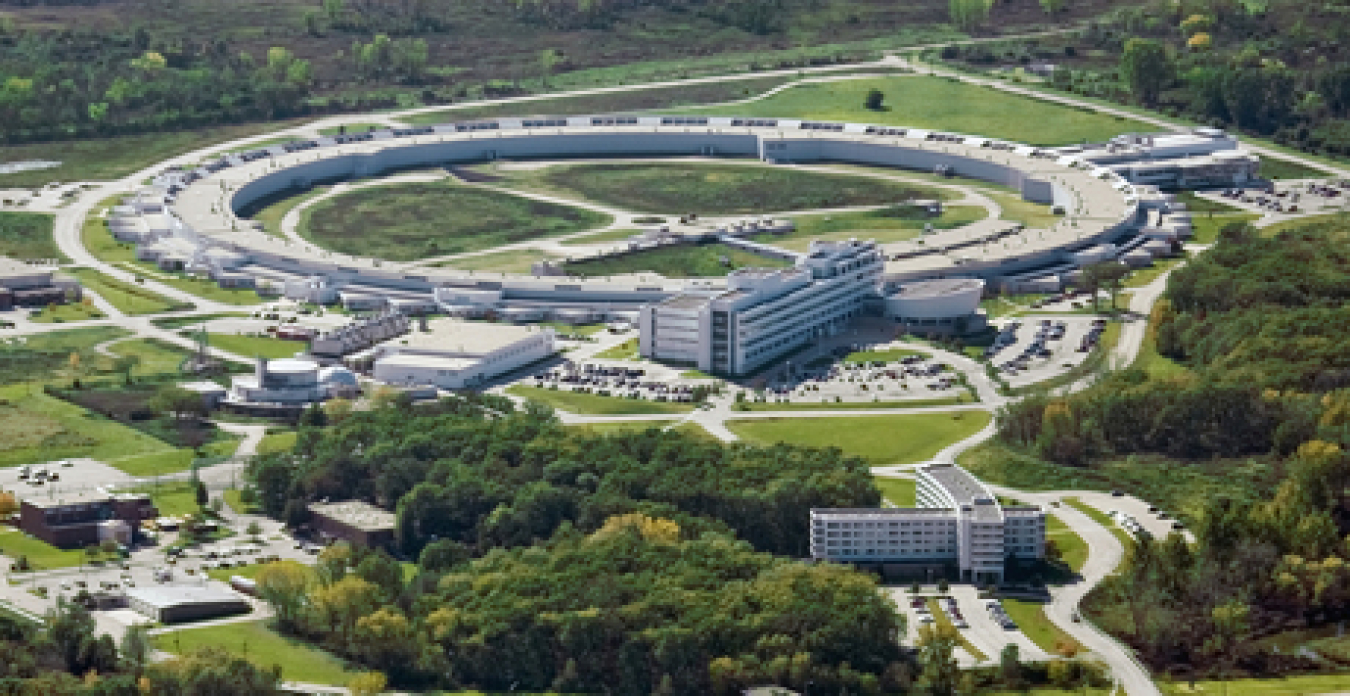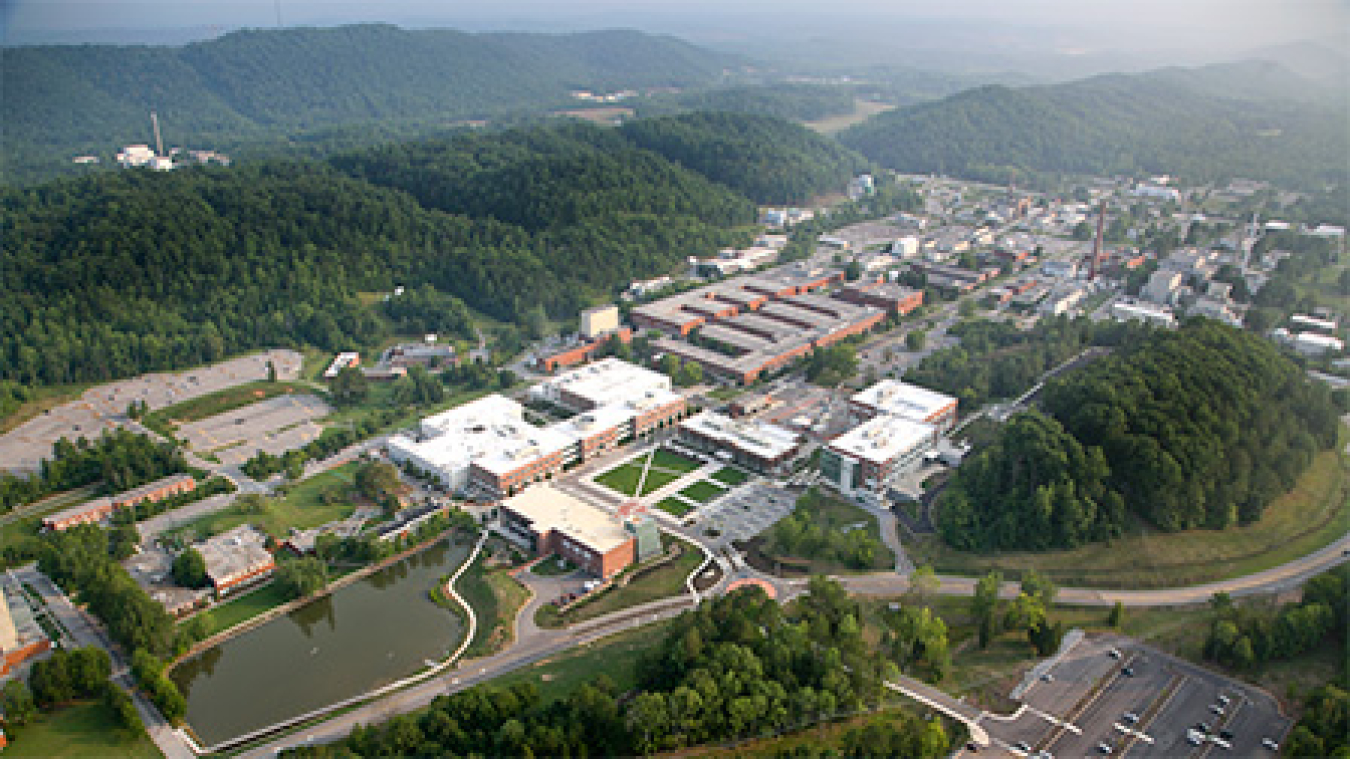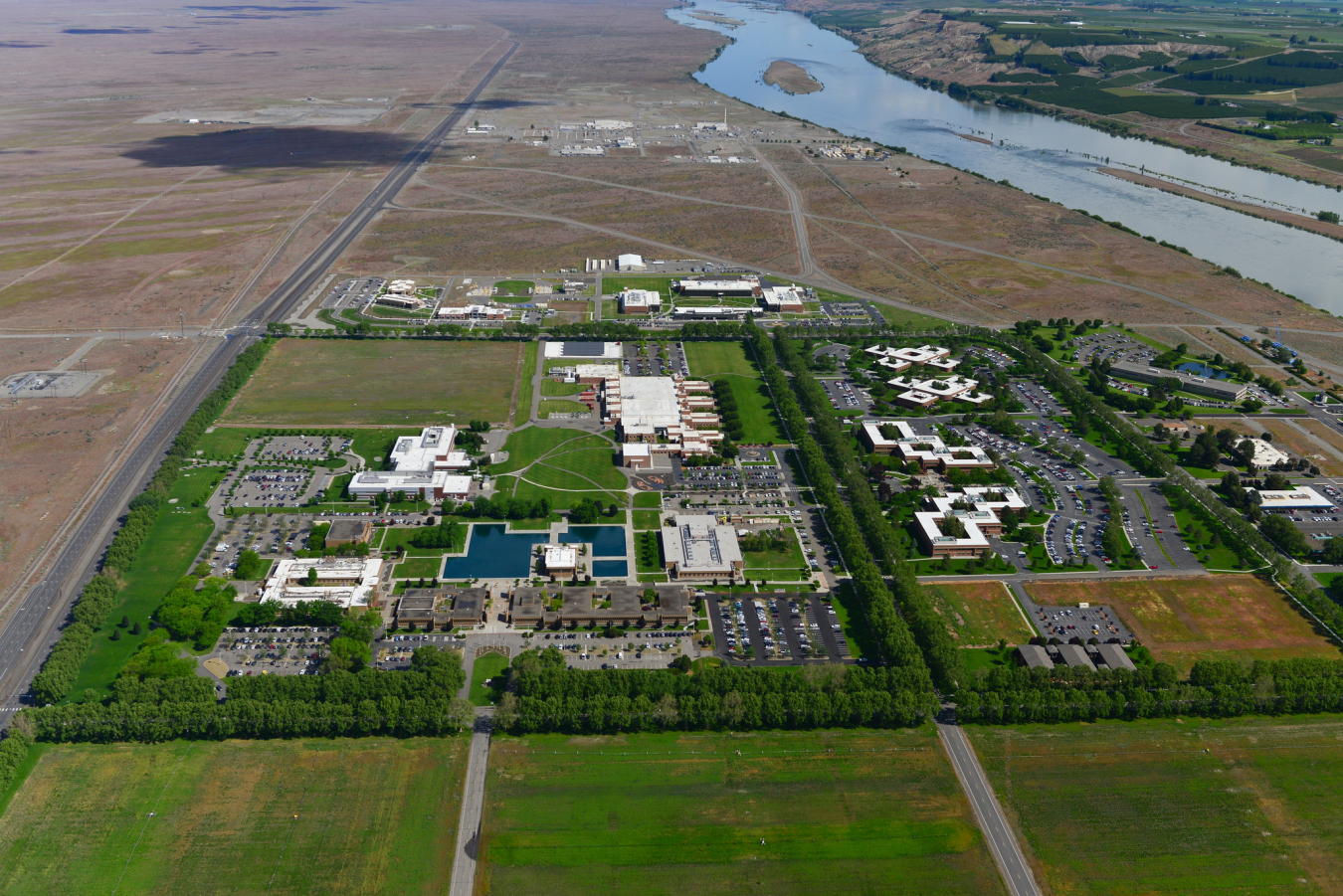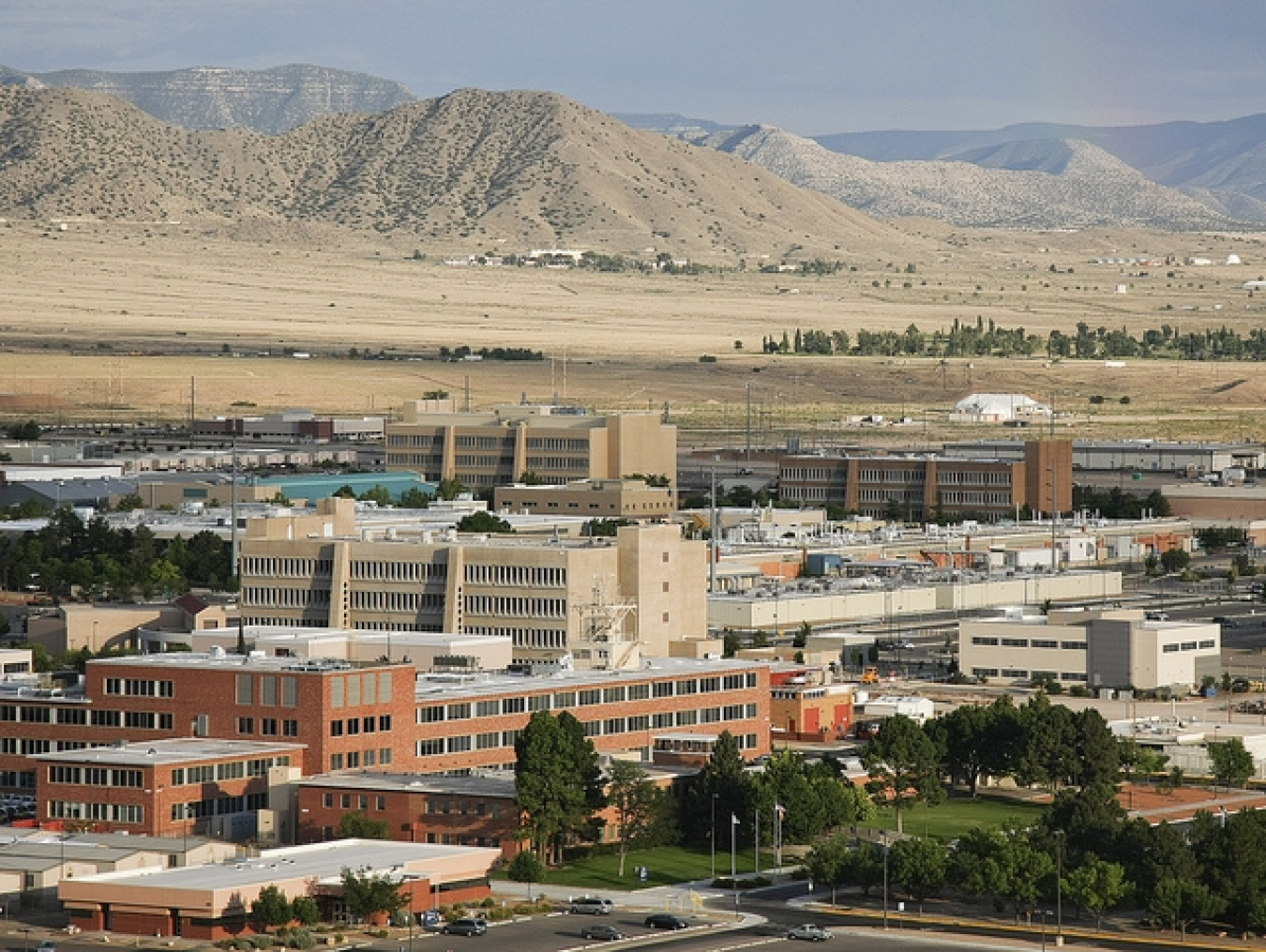During World War II, the United States government invested significantly in scientific research and established what is now the U.S. Department of Energy's (DOE) national laboratories system. For more than 70 years, these institutions have led scientific innovation in the United States. Today, 17 national laboratories address large-scale, complex research and development challenges.
DOE's Water Power Technologies Office (WPTO) funds several national labs to conduct early-stage research that accelerates innovative water power technologies. Each lab has unique test facilities, sophisticated instrumentation, and profound expertise. The national labs also work with industry, academia, and many other stakeholders to solve scientific challenges.
Learn About All the National Labs | National Lab Map | Water Power Projects Map
How to Work with the National Labs
DOE’s national labs have strong partnerships with industry, government, academia, small businesses, international entities, and nonprofits to advance the research and development of U.S. water power. Organizations can partner with a lab to:
- Solve a specific problem
- Access unique testing facilities and instrumentation
- Learn more about research and development opportunities.
More information about partnerships can be found on each lab’s partnering, technology transfer, or commercialization web pages.
Additionally, view our Stakeholder Webinars to learn more about our current portfolio of work, accomplishments, priorities and how you can work with our labs.
National Laboratories with Water Power Expertise

ARGONNE NATIONAL LABORATORY
Lemont, Illinois
Research and development at Argonne National Laboratory (Argonne) focuses on a wide range of innovative energy technologies. Argonne water power scientists and engineers are teaming up with research and industry partners to study next-generation conventional hydropower and pumped storage hydropower technologies. Researchers are also developing new models and methods to enhance efficient water use.
Major water power research areas include:
- Modeling, integration, and valuation analysis of hydropower and pumped storage projects
- Hydropower reservoirs and cascades operations optimization
- Hydropower plant and system performance optimization
- Modeling and simulation of hydropower in electricity markets .
IDAHO NATIONAL LABORATORY
Idaho Falls, Idaho
Idaho National Laboratory (INL) specializes in electrical power generation and distribution systems. The lab also concentrates on renewable energy development challenges, including grid development, mechanical design, reservoir assessment and monitoring, and advanced control systems. INL staff have experience in water management, specifically aging water and energy infrastructure challenges. Water power researchers at INL focus on methods to assess and solve these renewable energy challenges, as well as opportunities to deploy new technologies.
Major water power research areas include:
- Dynamic system modeling and analysis
- Techno-economic valuation assessments
- Grid value and reliability analysis
- Advanced control systems
- Hybridization.
NATIONAL RENEWABLE ENERGY LABORATORY
Golden, Colorado
Experts at the National Renewable Energy Laboratory (NREL) focus on breakthroughs in fundamental science, new and innovative technologies, and integrated energy systems. NREL water power researchers design, evaluate, and demonstrate novel hydropower, marine energy, and water system technologies. They also help ensure these technologies are safely deployed. The lab’s experts collaborate with industry, academic, and other partners to accelerate cost-effective, efficient, and responsible technologies.
Major water power research areas include:
- Economic, regulatory, and grid modeling and analysis
- Laboratory and field technology validation and optimization
- Electrical and mechanical system design
- Industry workforce and educational development
- Market value and barrier mitigation research, analysis, and outreach.

OAK RIDGE NATIONAL LABORATORY
Oak Ridge, Tennessee
Oak Ridge National Laboratory (ORNL) focuses on science and technology breakthroughs for energy innovation and global security. The lab specializes in data analytics, high-performance computing, materials synthesis and characterization, environmental science, and advanced manufacturing. These specialties guide ORNL’s water power research, which looks at solutions for reliable electric power systems.
Major water power research areas include:
- Component and facility technology, simulation, and design optimization
- Environmental science and assessment
- Resource and market assessment
- Materials science and advanced manufacturing
- Economic analyses and modeling.

PACIFIC NORTHWEST NATIONAL LABORATORY
Richland, Washington
Pacific Northwest National Laboratory (PNNL) identifies innovative tools and technologies for science, energy, the environment, and national security. PNNL aims to deliver low-cost energy to the nation’s grid by developing resilient, efficient, and sustainable water power systems. Researchers also aim to optimize environmental performance of these systems. PNNL also has specialized aquatic and marine laboratories and research vessels that help advance hydropower and marine energy.
Major water power research areas include:
- Environmental performance, assessment, and monitoring
- Power grid integration
- Water and hydropower management and planning
- Materials science
- Cybersecurity and digitalization
- Marine energy resource characterization
- Laboratory and field validation of new technologies .
SANDIA NATIONAL LABORATORIES
Albuquerque, New Mexico
Sandia National Laboratories (Sandia) support a secure, uninterrupted, and enduring energy supply from a mix of domestic sources. The lab also advances a reliable, and resilient energy infrastructure. Sandia’s water power experts develop tools for enhancing wave energy converters, current energy converters, and other technologies with minimal environmental impact. Sandia’s water power research also seeks to improve the power performance and reliability of multiple marine energy technologies.
Major water power research areas include:
- Controls development
- High-fidelity modeling
- System design and testing
- Resource characterization
- Current energy converters
- Environmental modeling and cost analysis.


